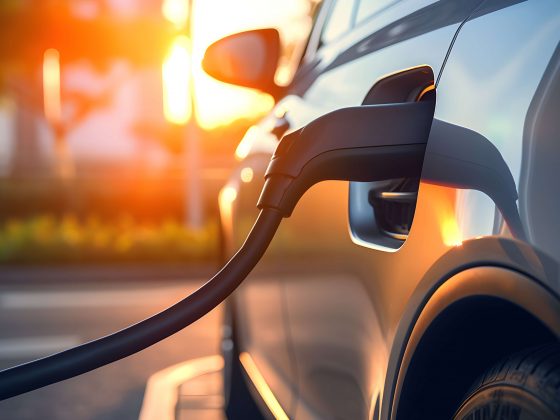If you miss your monthly car payments, you’ll probably default on your car loan and eventually have your car repossessed. A car repossession means the bank, or other financial institution that acted as your lender/creditor, has the right to take back the car since they hold the lien to your vehicle. They’re the actual owner of your vehicle. You can have your vehicle repossessed within three months of defaulting on your loan.
Use eTags© to Quickly Complete Your DMV Service. Renewals, Title Transfers and More, All Online!
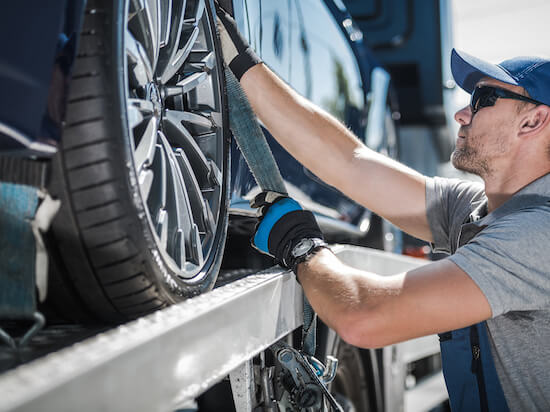
Two million repossessions every year
Your car loan lender, or repo man, can repossess your car without warning or even a court order, depending on where you live. Any vehicle can be repossessed including cars, trucks, SUVs, crossovers, motorcycles, motorhomes, RVs, and more. In the U.S, about 2 million vehicles are repossessed because of delayed car loan payments every year. That’s around 5,418 repossessions every day. The repo rate relative to annual new car purchases is a whopping 65%.
In some states, creditors are required by law to send an official notice highlighting missed payments and provide a deadline for paying them off before the car is repossessed
The nitty gritty of vehicle repossession
Some car loan lenders use what’s called SID, a starter interrupt device, to remotely deactivate the ignition so you can turn on the vehicle. When a vehicle is repossessed, the repo man is required to return personal belongings such as sunglasses, CDs, and other items drivers keep in their car.
Tow truck aren’t allowed to “breach the peace” to recover the car such as damaging your property or removing it from your locked garage. They have to do so without using any threats. In fact, last year, in Chicago alone there were about 10,000 repossession opportunities for tow trucks.
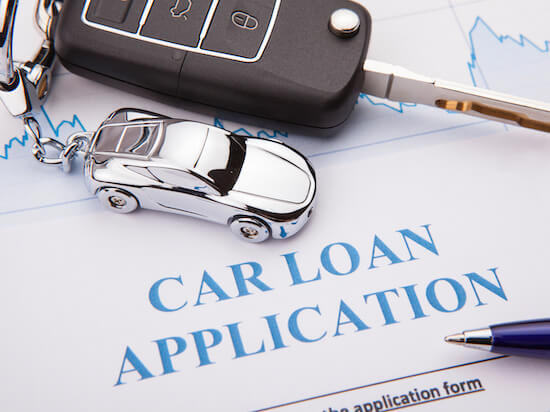
Also, the repossession agent is not allowed to “force you out” of your vehicle. The repo man can’t use force, touch you, or scare you in any way. Plus, in some states, the lenders have to alert the police when they’ll be repossessing your vehicle.
Every 2.4 cars sold, 1 existing vehicle on the road will be repossessed each year
The repo man can legally hot wire your vehicle to take it back. They can also use a second pair of keys and repossess it. In most states, if a car is parked in the garage, and the door is closed but unlocked, the repossessing agent can take the vehicle away.
Car repossession hurts your credit for up to seven years
Car repossession hurts your credit in many ways and along the various steps of the process too…the lead up if you will. Starting with the late payments themselves and before the vehicle is even taken back, for every month you miss a payment, there’s a negative item on your credit report.
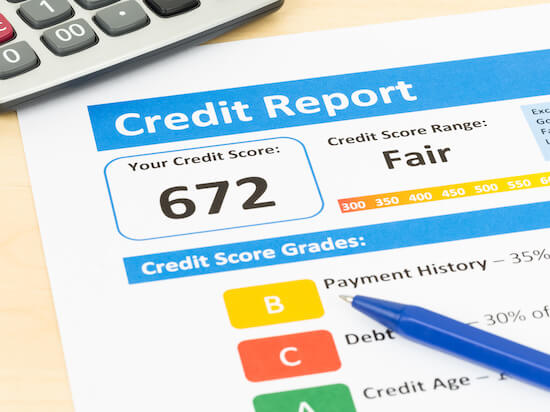
In addition, each item represents a separate entry on your credit report, so a vehicle repossession can result in several hits from the same single situation. According to consumer credit reporting company Experian, defaulting on the loan is its own negative impact on your credit report. If there’s a deficiency balance when your car is repossessed, your account can be sent to collections.
A car loan lender may also require you to pay the cost of repossessing, storing, and selling the vehicle, in addition to the deficiency you still owe
A deficiency balance happens when your creditor resells the vehicle, but the sale amount doesn’t cover the entire loan. So if you owed $5,000 on your car, but the vehicle sold for $4,000, you still owe $1,000 to your lender. And, of course, a deficiency balance is also noted on your credit report. To make matters worse, collections can turn into a court order too.
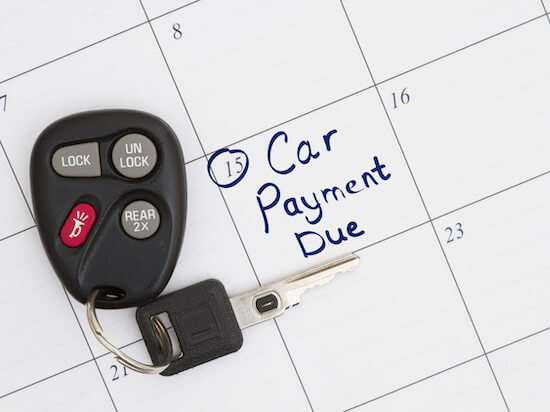
It’s important to note, that given multiple hits on your credit score and that payment history accounts for 35% of your FICO score, car repos can significantly hurt your credit making it harder to securing loans again.
A FICO Score is a three-digit number based on your credit reports details. The score helps lenders determine how likely you are to repay a loan. This, in turn, affects how much you can borrow, how long you have to repay and interest rate





